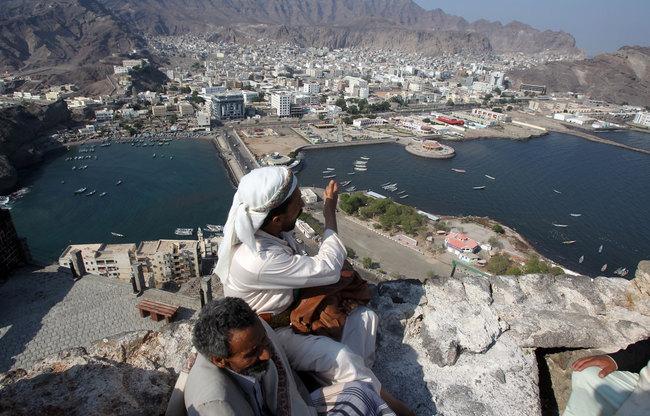The Duweiqa rockslide disaster Egyptians woke up to exactly one week ago was no natural catastrophe as many of us might have thought in the beginning.
A 70-ton boulder collapses over 35 informal houses in one of the most underprivileged slum areas in Cairo – what else could it be but an act of God, a matter of fate, as our venerable housing minister stated Thursday? Indeed science has shown us that rock erosion is ‘natural’ – the same way volcanoes, earthquakes and hurricanes are a natural phenomena that cannot be prevented, only predicted.
The truth is, this was not simply an act of God because it was predicted years ago.
It’s the same old story again and again: as soon as disaster hits we find out that experts had warned of a pending calamity decades ago, but that none of their warnings were heeded.
Geologists have pointed out to studies made as far back as 1989 which contend that the three-tiered six square-kilometer Moqattam Hill erodes at a rate of 1.7 meters per year; which means that by 2050 the entire south and south-west side of the hill housing the luxurious villas and mansions overlooking the ancient city, could very well become history.
This very newspaper ran a report about the situation in one of the plighted Duweiqa settlements in its July 22 issue.
We spoke to Suraya Abdel Qader Ali who may not be alive today.
“Climbing up a steep alley, one comes to the house of Suraya Abdel Qader Ali, said our July report. “Like many of the families, Ali came to Cairo from Upper Egypt in the 1980s. Finding nowhere else to live, she made her home in Duweiqa. But hanging precariously above her shack is a huge rock. Parts of it have already destroyed the roof of the neighbor’s room.
” ‘The rock was secure when we first came here. But with the water and wind, it’s slowly eroding. We have complained to the local municipality, and the governorate office in Abdeen, but to no avail. An inspector came in his car, but didn’t even bother to get out. He looked out his window, and drove off,’ said Suraya.
First Lady Suzanne Mubarak’s “gift to the poor in the form of thousands of housing units remained haunted and empty years after they were built following the launch of the 2003 Housing Ministry campaign.
Despondent residents were convinced that the “dual scourge of incompetence and corruption have blighted the project from day one as they told Daily News Egypt – until, that is, disaster struck and angry throngs who have not only lost their homes, but their children, mothers, sisters and brothers began attacking government officials and threatened to block one of Cairo’s main arteries, the Autostrad, unless they were immediately relocated.
The law of the jungle ruled the scene at the disaster site. People were simply fed up with a failed state that has given them nothing but empty promises.
I will not speak about how inefficiently the rescue efforts were conducted because this would just mean repeating what I wrote not so long ago about the Shoura Council fire.
But I will speak about Cairo’s estimated 52 slum areas housing over 6 million people.
True that most of these slums are notorious for being criminal hubs full of drug pushers and thieves, but since when does that absolve the state from bearing responsibility for their existence?
I was shocked to learn from one of our sources that even the police are “afraid to set foot in these areas (especially Duweiqa). Each slum has become a state within a state, making its own rules outside the parameters of . what?
It’s difficult to complete this sentence because logic dictates that I would say “outside the parameters of law and order, but come to think of it, these slums only reflect what goes on outside them.
The Duweiqa wake-up call reminded me of last summer’s two hit movies, Khaled Youssef’s “Hena Maysara and Youssef Chahine’s “Is it Chaos? The former painted an apocalyptic picture of the jungle inside these slums, while the latter showed a stark image of the outside world they magnify.
It’s interesting how within one week the government actually began handing out apartments to the displaced disaster victims, many of whom refused to settle for the “temporary Ministry of Social Solidarity’s relief tents but (with weapons in hand) decided to strike while the iron was still hot knowing full well that the moment the dust settled, they’d get nothing.
But I still can’t stop thinking about the rest of the 6 million-strong human time bomb.
In Egypt too you can put lipstick on a pig, but it’s still a pig, to borrow the wise words of Barack Obama.
Rania Al Malkyis the Chief Editor of Daily News Egypt.


